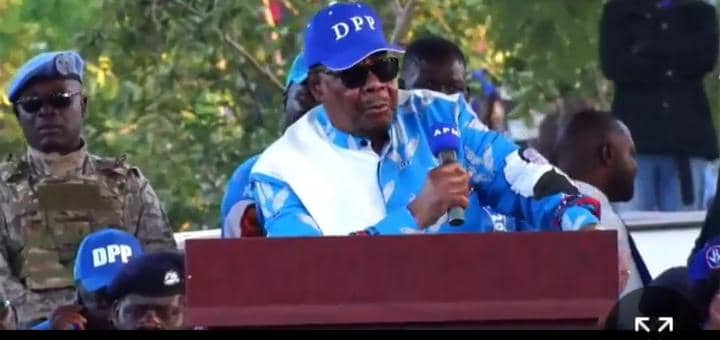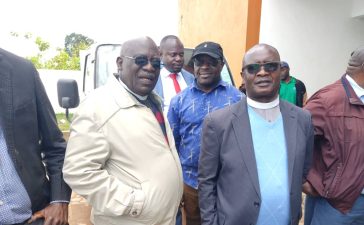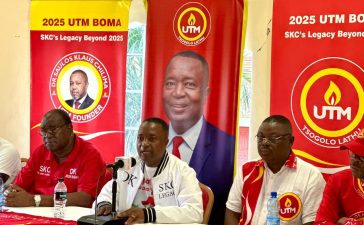The recent developments within the Democratic Progressive Party (DPP) ahead of its upcoming convention paint a concerning picture of internal turmoil that threatens to undermine the party’s democratic principles. The allegations made by Kenneth Lawson Bwanali, a concerned party member, deserve serious attention and prompt action from the party leadership.
At the heart of the issue is the directive issued by a group of senior DPP officials, including regional governors, mandating their subordinates to campaign for a preordained list of candidates. This move, if true, represents a grave violation of the democratic process that the DPP claims to uphold. The role of regional governors should be to foster an environment of openness and fairness, allowing all contenders to campaign on an equal footing and empowering the delegates to make their choices based on merit and commitment to the party.
The allegations of “autocratic maneuver” and “deplorable descent into authoritarianism” are not to be taken lightly. They suggest a troubling pattern of disregard for the fundamental democratic tenets that the DPP has long championed. If left unchecked, such actions could erode the trust of the party’s rank-and-file and undermine the credibility of the upcoming convention.
President Arthur Peter Mutharika, as the leader of the DPP, must take swift and decisive action to address this issue. The immediate suspension of the implicated officials, pending a thorough investigation, would send a clear message that the party leadership is committed to upholding democratic norms and ensuring a level playing field for all candidates.
Moreover, the DPP should take this opportunity to reaffirm its commitment to internal democracy and transparency. This could involve measures such as establishing an independent electoral commission to oversee the convention proceedings, implementing robust safeguards against undue influence, and ensuring that all delegates have a genuine voice in the selection of the party’s leadership.
The DPP’s ability to navigate this crisis will have far-reaching implications for the party’s future and its standing within the broader political landscape of Malawi. If the party fails to address these concerns and restore trust in its democratic processes, it risks alienating its support base and undermining its own legitimacy as a champion of democratic values.
The DPP must heed the warning signs and act swiftly to uphold the principles that have long defined its identity. Failure to do so would not only be a disservice to the party but also a betrayal of the democratic aspirations of the Malawian people.













